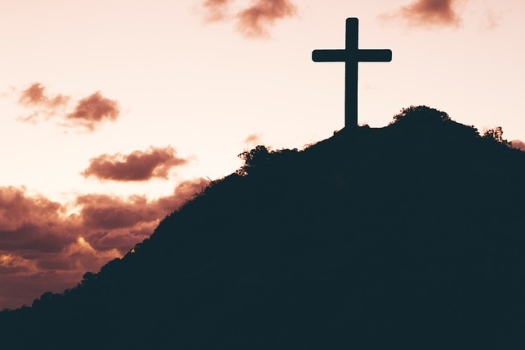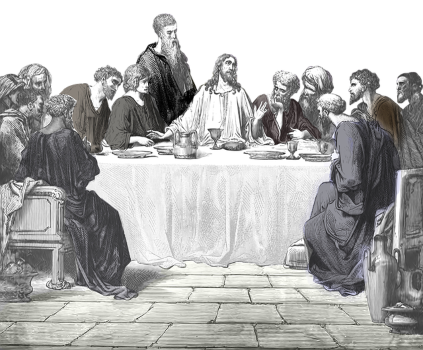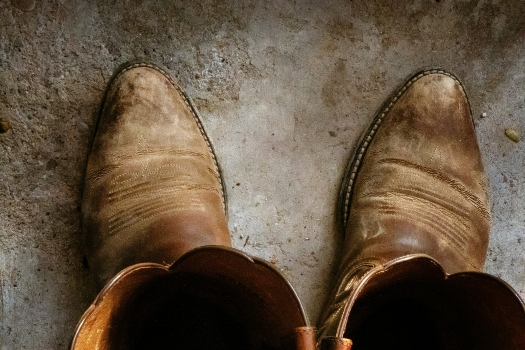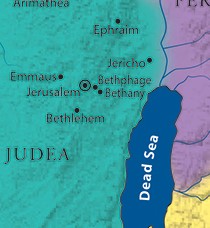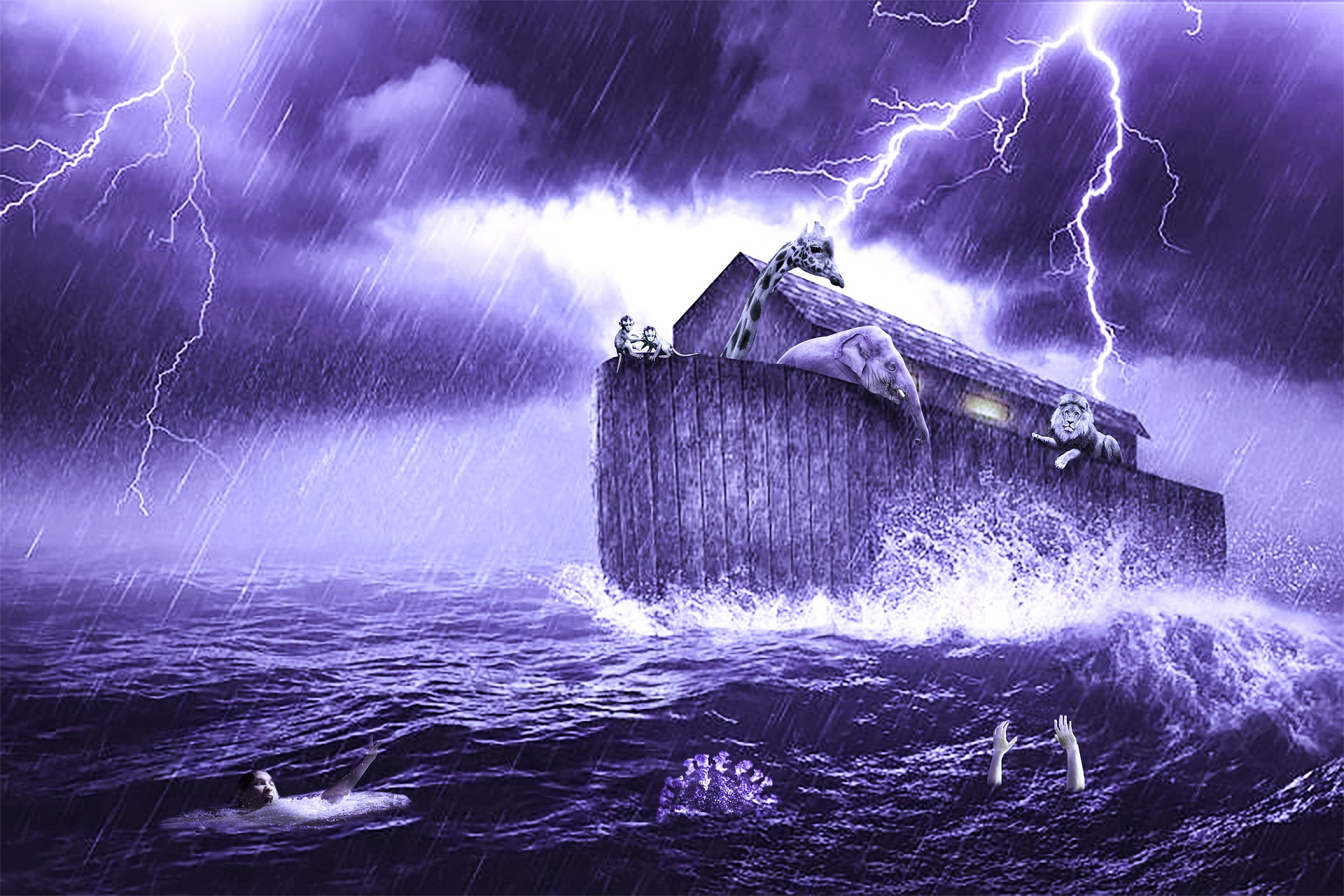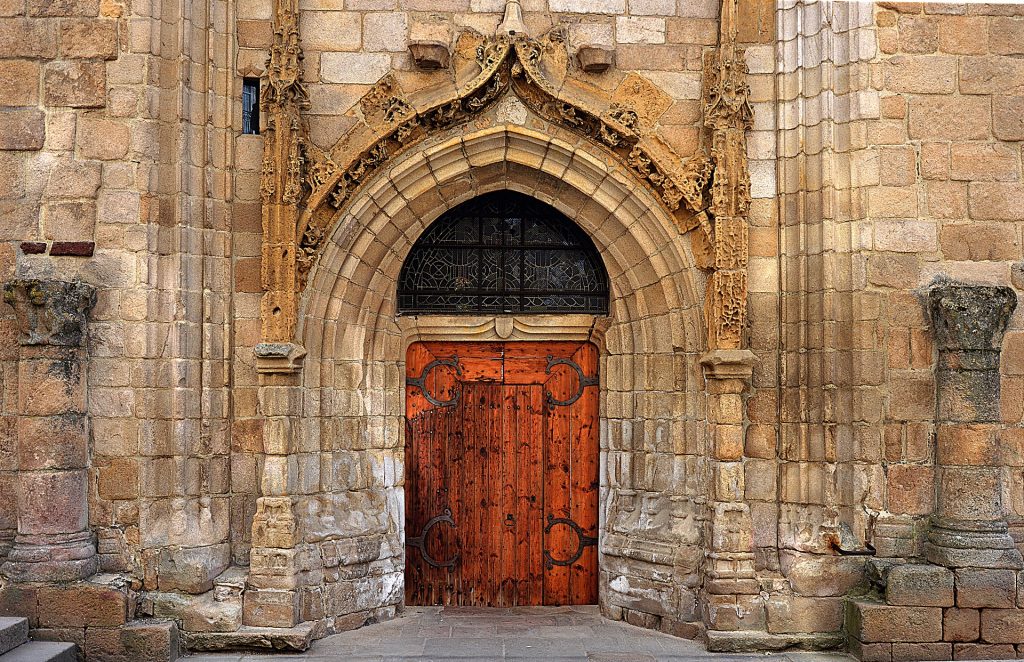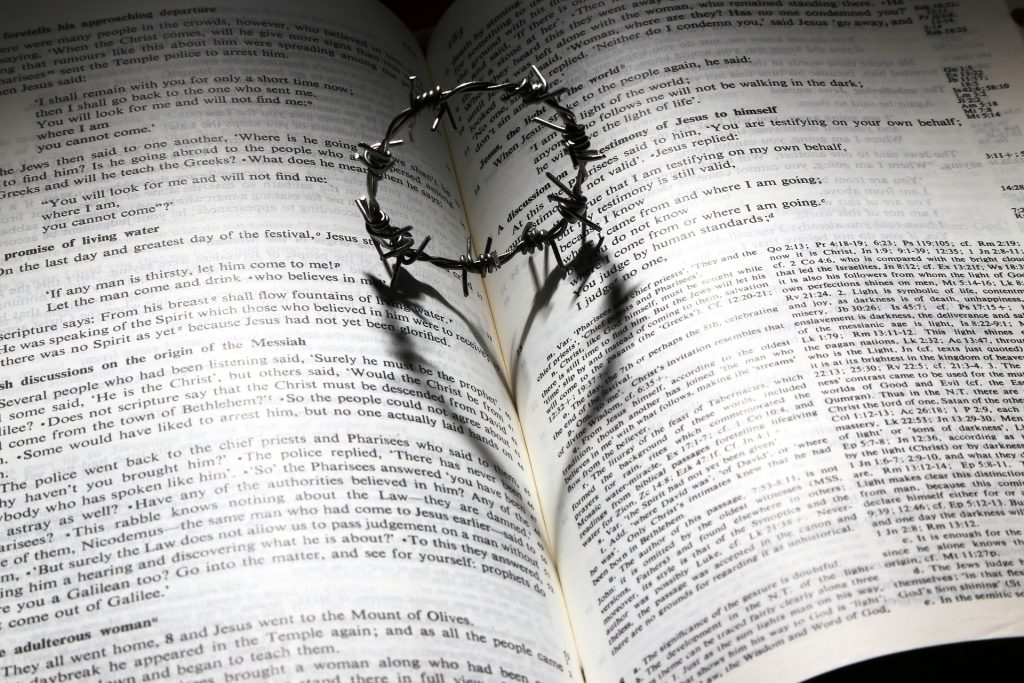Take Off Your Shoes…You’re Standing on Holy Ground
This journey called life can be difficult. We want control over our lives. We want to call the shots. Too often, this means pushing back and taking the easy road. Pushing back isn’t a very good plan, just ask Moses.
Moses pushed back and gave God excuses of why he was the wrong one to go. (Exodus 4:10-17) Through all of Moses’ excuses, he moved forward fulfilling God’s calling.
Other than Jesus, Moses is the most well-known character in the Bible. He played multiple roles throughout his life. It’s easy to glamourize Biblical characters who accomplish great things, but they were people just like us.
Let’s look at how Moses became Moses.
He was born to Jochebed and Amram, both from the tribe of Levi, when the children of Israel lived in Egypt as slaves. He was the youngest of three children, with a sister named Miriam and a brother named Aaron.
This was a time when the Pharaoh was afraid of the Israelite slaves because there were so many of them and he ordered all the boy Israelite babies to be killed. Moses’ mother,
“…saw that he was a special baby and kept him hidden for three months”
When she couldn’t hide him anymore, she made a little boat, placed him in it, and hid baby Moses in the reeds on the banks of the Nile River. He didn’t stay there long before being rescued by the Pharaoh’s daughter. Being unable to nurse him, she hired a Hebrew woman to do the job. This woman just so happened to be Moses’ mother.
After Moses was old enough, the Pharaoh’s daughter raised him in the palace surrounded by all the luxuries of Egypt. (Exodus 2:1-10)
Moses grew up in the palace but knew he was a Hebrew. When Moses saw an Egyptian beating a Hebrew slave the Bible says, “Looking this way and that and seeing no one, he killed the Egyptian and hid him in the sand”.
Not the greatest coverup because the next day, a Hebrew slave called him out on it.
We all deal with fear and Moses is no different. When Pharaoh found out what Moses had done, Moses ran for his life. He lived out in the desert of Midian for 40 years as a shepherd with his new family. (Exodus 2:11-22)
Fear showed up again when God appeared to Moses in a burning bush that was on fire but did not burn up. God told Moses to not come any closer and to take his shoes off because he was standing on holy ground. (Exodus 3:1-6)
This is a Scripture I struggle with because I don’t like going barefoot, especially outside, let alone up on a mountain. Once I put my boots on in the morning, I don’t take them off until I go to bed at night.
However, if I find myself standing next to a bush that’s on fire but not burning up and God tells me to take my boots off…I’m going to take them off.
Moses removing his sandals was an act of reverence and obedience to God’s call.
Whatever God’s call to us is, we need to be willing to respect and submit to that calling.
God wanted Moses to rescue the Israelites from Egypt. Moses was afraid and gave excuse after excuse, one being that he stuttered. Moses told God, “Please send someone else”. God didn’t want to send someone else and got angry with Moses. (Exodus 3:7-4:17)
God recruited his brother Aaron to assist in overcoming Moses’ fear, promising to help them both.
Moses rose to the challenge.
When trapped between the Pharaoh and the Red Sea, Moses told the people, “Do not be afraid. Stand firm and you will see the deliverance the LORD will bring you today. The Egyptians you see today you will never see again…”, and he was right. Moses led them through the Red Sea on dry ground by the power of the God. That was just the beginning of Moses’ calling.
The job God called Moses to do was full of difficulties and challenges. Moses never hid his emotions and questions from God. They spent 40 days together on top of Mount Sinai and God gave Moses “…the two tablets of the covenant law, the tablets of stone inscribed by the finger of God”.
Meanwhile, the people got tired of waiting for Moses, made an idol, and started worshiping it. This made God angry, and He offered to kill them all, making Moses into a great nation instead. “But Moses sought the favor of the Lord his God”.
God heard Moses and didn’t act on His emotions.
For 40 years, Moses led the Israelites, and God kept His promise to always be with him. Even when Moses messed up, due to his anger, which disallowed him from entering the promised land. The Bible says Moses “whom the LORD knew face to face”. (Deuteronomy 34:10)
Excerpt from Who Was Moses in the Bible?
God calls us all to our specific purpose. We need to have an open and honest conversation with God when we don’t feel adequate. We need to be willing to step out in faith and trust that God has our back.
We need to honor God and be willing to take our shoes off if that’s what He wants us to do.


